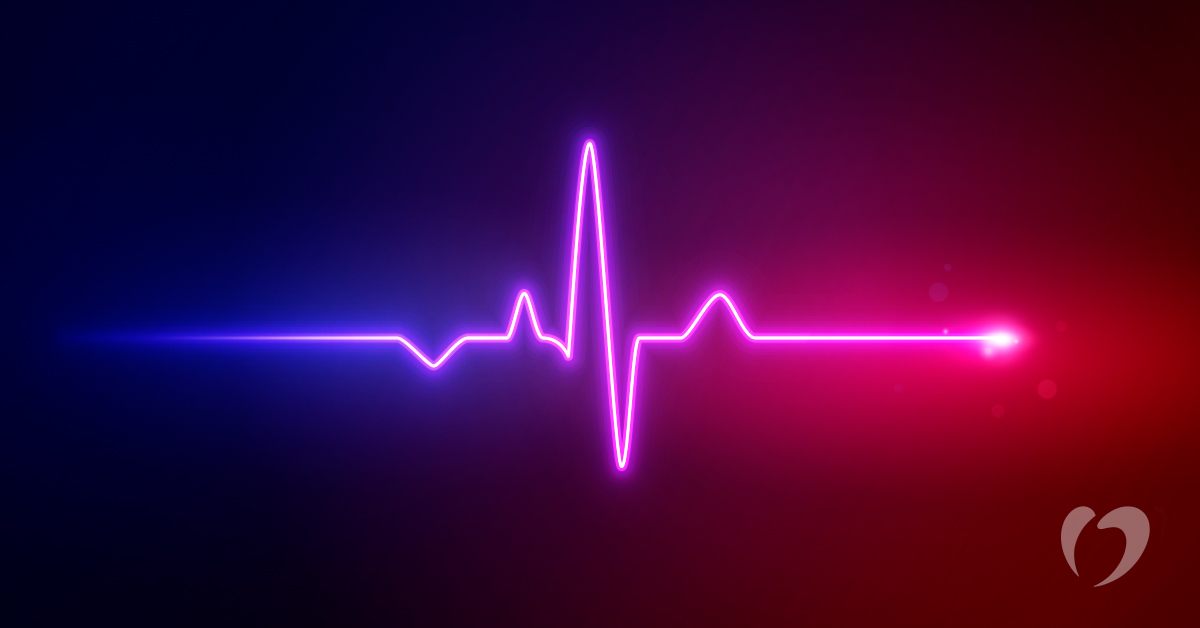When to See an Electrophysiologist: Understanding Heart Rhythm Disorders

Have you been experiencing unexplained symptoms like a racing heartbeat, dizziness, or fainting? If so, it may be time to see an electrophysiologist, a type of cardiologist who specializes in diagnosing and treating heart rhythm disorders. But when exactly should you schedule an appointment, and what can you expect when you do?
What is an electrophysiologist?
While your general cardiologist can treat many heart conditions, if your situation calls for specialized care, they may refer you to an electrophysiologist. An electrophysiologist is an expert on the electrical system of your heart. This includes diagnosing and treating conditions like arrhythmias — when the heart beats too fast, too slow, or in an irregular rhythm.
With advanced training in electrical conduction, electrophysiologists use their expertise to manage complex heart rhythm disorders by offering treatments to restore normal rhythms, such as catheter ablation or pacemaker implantation. Their expertise is crucial when a heart rhythm disorder cannot be managed through general cardiology care alone.
Electrophysiologists can also help you understand the cause of your symptoms and evaluate your risk factors for developing serious conditions like stroke or heart failure.
When should you see an electrophysiologist?
If you’re experiencing heart palpitations, dizziness, fainting, or other symptoms like shortness of breath, these could be early signs of a heart rhythm disorder. Symptoms can vary from mild discomfort to serious health risks, so if you’re experiencing anything unusual, it’s best to get it checked out sooner rather than later. If your general cardiologist prescribes medication or lifestyle changes but your symptoms persist or worsen, it might be time to see an electrophysiologist for specialized care.
Family history is another important factor in determining whether you need a specialist. Having a family history of arrhythmias, sudden cardiac arrest, or other heart conditions means you may be at a higher risk of developing similar conditions. An electrophysiologist can evaluate your risk, perform early screenings, and recommend preventive treatments.
We’re here to help
Heart rhythm disorders can be tricky to diagnose, but early intervention can help you avoid serious health risks down the road, like stroke or heart failure. If you’ve been diagnosed with a heart rhythm issue or if your condition persists despite treatment, seeing an electrophysiologist is the next step to ensure you get the specialized care you need.
At the Oklahoma Heart Hospital’s Heart Rhythm Institute, our experienced electrophysiologists offer comprehensive care tailored to your needs. Whether you’re experiencing troubling symptoms or simply want a more in-depth evaluation, we’re here to guide you through your heart health journey.
If you’re ready to understand your heart rhythm and take control of your health, schedule a consultation with our expert team today. Let’s work together to get you back on track.
